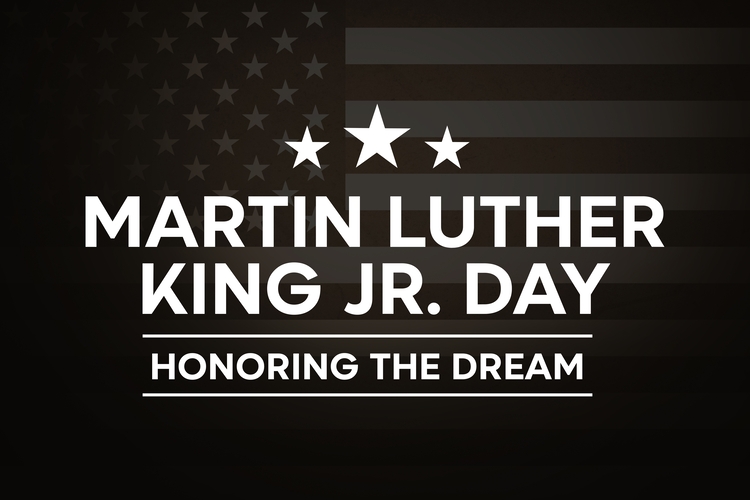
Today we celebrate Martin Luther King Jr. Day, so let’s take a moment to honor the life and legacy of one of the most influential figures in the civil rights movement. Martin Luther King Jr. Day is not just a day off from work or school; it’s a day to reflect on the profound impact of Dr. King’s work and to consider how we, as a society and individuals, can continue to strive for equality and justice.
The Legacy of Martin Luther King Jr.
Martin Luther King Jr. was a Baptist minister and a one of the faces of the American civil rights movement. His activism for nonviolent civil disobedience and commitment to racial equality left an undeniable mark in the fight for racial justice. Dr. King played a crucial role in the Montgomery Bus Boycott, the March on Washington for Jobs and Freedom, and the Selma to Montgomery marches, among other historical events during this time.
His famous “I Have a Dream” speech, delivered during the March on Washington in 1963, remains an iconic moment in history. Dr. King’s vision was a nation in which individuals are judged by their character instead of the color of their skin. His experience as a Black man in America during the 60’s prompted his vision that continues to resonate today.
Impact on Civil Rights:
Martin Luther King Jr.’s tireless efforts contributed to impactful legislative changes in the United States. Specifically, the Civil Rights Act of 1964 and the Voting Rights Act of 1965 were historical achievements that aimed to dismantle institutionalized racial segregation and discrimination.
While progress has been made, the fight for civil rights is ongoing. Dr. King’s work continuously serves as a reminder that the pursuit of justice and equality is a collective responsibility, that each individual has a role in creating a more equitable society for ourselves and future generations to come.
Martin Luther King Jr.’s teachings extend beyond civil rights to encompass principles of leadership, resilience, and the pursuit of one’s dreams. As individuals navigating our own career paths, we can draw inspiration from Dr. King’s commitment to justice and equality.
Leadership: Dr. King’s leadership was embedded in empathy and inclusivity which offers valuable lessons for aspiring leaders. Effective leaders should always aim to create environments where all individuals can thrive, regardless of their background.
Resilience: The challenges faced by Dr. King and his contemporaries were immense, yet they remained dedicated in their commitment to justice. In our careers, resilience is a key trait that enables us to overcome obstacles and persevere in the face of challenges.
Social Responsibility: Dr. King’s dedication to social justice underscores the importance of incorporating social responsibility into our professional lives. Whether through volunteer work, mentorship, or advocating for inclusive workplace practices, individuals can contribute to positive change everywhere.
In conclusion, as we commemorate Martin Luther King Jr. Day, take a moment to reflect on the progress made and the work that remains. More importantly, recognize your individual role in shaping a more equitable future for all. Dr. King’s legacy serves as a guiding light, inspiring us to not only dream of a better world but to actively work towards realizing that dream. In our careers and beyond, let us embrace the values of leadership, resilience, and social responsibility that Dr. King so passionately embodied.

Add a Comment